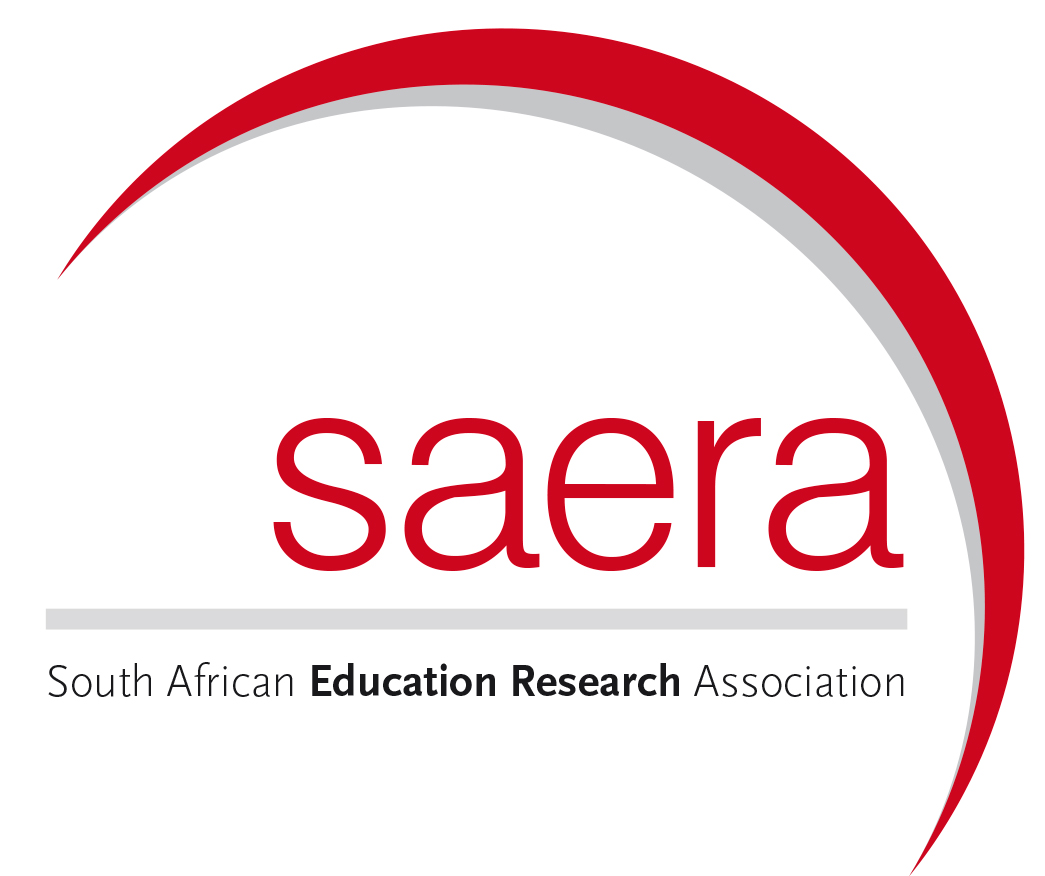Original Research
South African Tourism students’ learning preferences during COVID-19 at universities of technology
Submitted: 06 December 2022 | Published: 30 June 2023
About the author(s)
Pavla P. Mokoena, Department of Tourism and Events Management, Faculty of Business and Management Sciences, Cape Peninsula University of Technology, Cape Town, South AfricaChristiaan Hattingh, Department of Tourism and Events Management, Faculty of Business and Management Sciences, Cape Peninsula University of Technology, Cape Town, South Africa
Abstract
Between 2020 and 2021, the COVID-19 pandemic forced governments, around the globe, to implement innovative initiatives to avoid a complete collapse of significant sectors. Emergency remote teaching (ERT) operational frameworks were developed through the Council for Higher Education (CHE) to guide higher education (HE) institutions’ operational procedures. Considering that students at Universities of Technology (UoTs) are used to face-to-face teaching, ERT may have been aversely experienced. Thus, for this study, the review of Tourism Management students’ learning preferences during ERT across three South African UoTs were ascertained. Through means of a sequential-explanatory research design, students were asked to complete a survey and, afterwards, those students who showed interest were interviewed in focus groups. Tourism Management UoT students did not see ERT in a positive light as access to HE was a major challenge for them during lockdown periods, indicating a lack of sufficient resources to properly participate in learning activities, and crucially, a lack of access to support mechanisms during ERT.
Contribution: This study offers student perspectives of remote learning experiences. This data could assist in offering a balance between ERT initiatives and learner-guided frameworks for HE. This knowledge could be critical in limiting the gap in access and success for hybrid or blended tourism programmes post-COVID-19.
Keywords
Sustainable Development Goal
Metrics
Total abstract views: 1869Total article views: 1864
